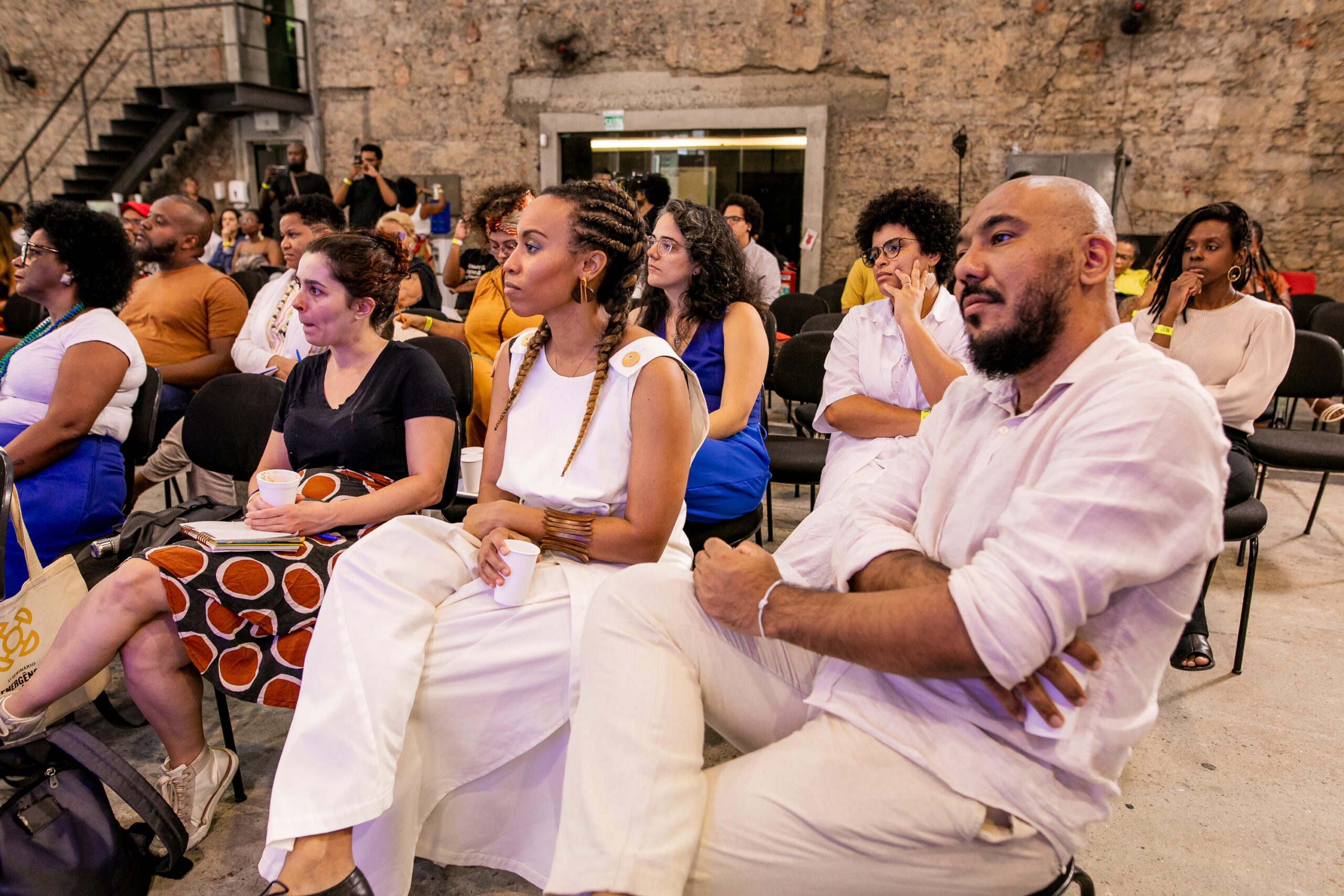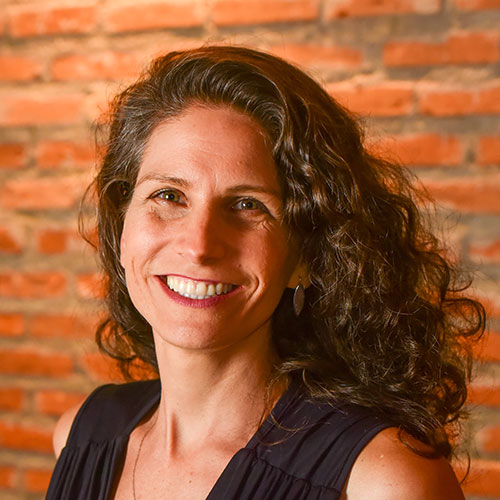Whiteness Observatory (Observatório da Branquitude) proposes another starting point for achieving racial equity
Through research, communication and advocacy, the Brazilian NGO promotes political influence in the sectors of economy, public security, education and climate justice


Why can’t public policies actually end racial inequality? With this question, the founders of the Observatório da Branquitude (‘Whiteness Observatory’) concluded that it was necessary to change the focus. Instead of looking only at the problems affecting the black population, it was necessary to identify how they were being reproduced and propose new ways to change this dynamic.
The NGO was founded in 2022 and operates on the tripod of research, communication and political advocacy. “Whiteness is a place of material and symbolic privileges,” explains Manuela Tamani, co-founder of the Observatory. “We are a black organisation that seeks racial equity by dismantling this force of power”, he continues.
One of the highlights is the research on school infrastructure, carried out based on the national census. The data shows that public schools where there are more black students receive less funding, impacting student development. According to Manuela, the Ministério da Educação (Ministry of Education) was bothered by the results and has already sought to get closer to the organisation.
The solution to the problem would be to redirect funds so that these schools are not at a disadvantage compared to others. “Every time we do an analysis, of any kind, we are not just looking at the group of white people, but how the powers of that group reinvent themselves. What are the privileges related to these powers? We are interested in looking at these structures, these arrangements”, says Manuela.
Racial equity
The Observatory’s research focuses, above all, on issues of economy, education, public security and climate justice. “There is a bit of this myth that if pollution is everywhere in the city, it affects everyone equally. But the effects on certain groups are disproportionate”, highlights the co-founder.
In the field of knowledge, research showed, for example, that knowledge is still white. “We analyzed science funding agencies to understand who is receiving public money to carry out research on topics related to climate justice. And we found that white men from the Southeast make up the majority of these researchers. They are the ones who are thinking about the Amazônia, quilombola territories (lands inhabited by descendants of enslaved Africans in Brazil, preserving a unique cultural heritage and fighting for the right to land), etc. This result shows that privileges are maintained.”
Other research points out that the advance of the far right is related to the discourse of white supremacy. “There is a movement that operates in games and during games, children and teenagers are exposed to misogynistic and racist attacks. This needs to be combated. But we also need to show who is perpetuating this information”, warns Manuela.
“There is a lot of confusion that thinks that whiteness is just a synonym for white people. And that’s not what we’re talking about. We are talking about power. We are looking at these spaces, with a predominance of white people, and with a very specific type of acting as a group.”

Observing whiteness
Manuela remembers that racism in Brazil has some characteristics that make it more difficult to confront. “Racism is still veiled here”, he says.
“And it’s always good to remember that we don’t live in a racial democracy. Everyone imagines that we are equal because, after the end of slavery, everyone became free to move around in Brazil, unlike the United States, where there were apartheid laws. However, when we look at the data with a race breakdown, we begin to realize that there are a series of differences between whites and blacks.”
The Observatory’s research therefore reveals that inequality in Brazil is not restricted to just a class issue. “When we see cases of children of black consuls who are still approached by police officers in a super truculent way, what does this explain? They also have money, and according to this class logic, they should not be treated this way. So Brazilians don’t like to admit it, but in fact, race is an issue that divides our society”, comments Manuela.
Disputing knowledge
For Manuela, the production of knowledge is central to achieving racial equity. “The idea of doing research is to communicate and have a political impact. And when we talk about advocacy, it is to change public policies. That’s where our impact lives”, he says.
She is keen to emphasize that this is not a personal issue. “The debate we have is always in the spheres of power. We’re not talking about what an individual white person can do.”
In this way, the Observatory is an organization that defends racial equity through collective and not individual accountability.
“Making a parallel, stopping using straws will not solve the climate issue in the world. It’s good, but you can’t blame the person who uses straws as if they were a big villain. The big villains are the industries that pollute, the people behind them making the decisions, and the politicians who do not advance laws to prevent the advancement of environmental degradation.”
“We didn’t create an organization to necessarily raise awareness among white people. We want to put information in the debate to raise awareness of those who are open to this. We are careful not to stay in that place of judgment and also to be a little purposeful”, he concludes.
Want to support this cause?
To find out more about the Observatory, visit the website or follow social media on Instagram and LinkedIn.





